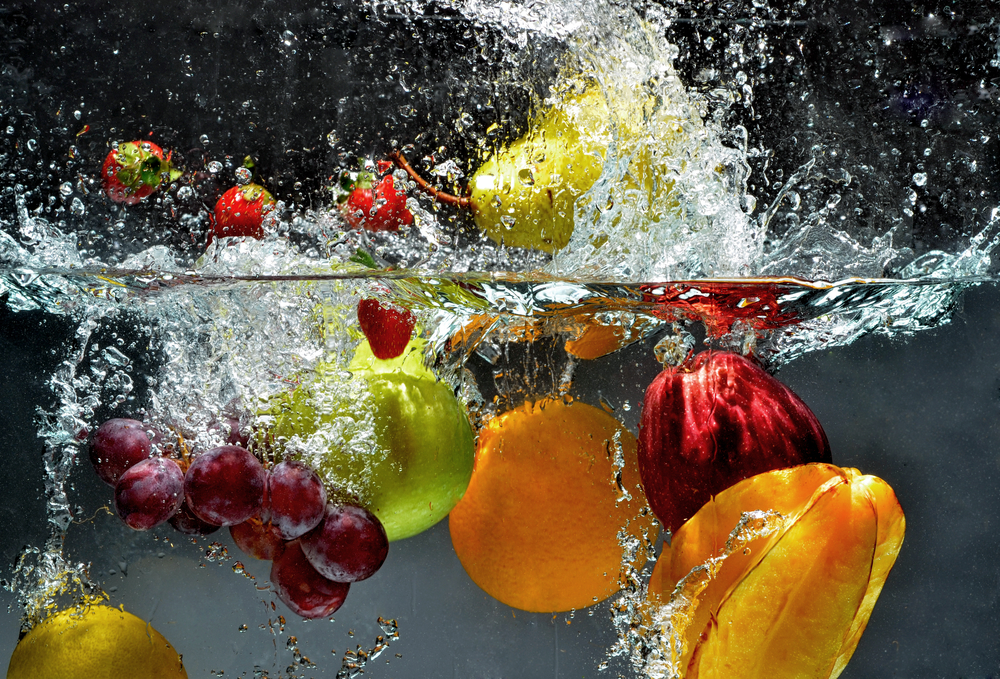
Good nutrition for seniors is an important key to living a long, healthy life. When older adults get the vitamins and minerals they need, they improve mental function, prevent disease, boost energy levels and better manage illnesses. Getting the right nutrients has even been found to play a role in reducing the risk of stroke, heart disease, type 2 diabetes and cancer.
There are six nutrients of particular importance when it comes to nutrition for seniors.
Vitamin B12
In later years, it becomes more difficult to absorb certain vitamins, including B12. Those who don’t get enough of this key vitamin are at risk for anemia and mental confusion — in serious cases of B12 deficiency, extreme fatigue and hallucinations can occur. Good sources of vitamin B12 include eggs, meat, cheese and fortified foods.
Vitamin C
As people age, getting enough vitamin C becomes more important than ever to maintain a healthy immune system. Vitamin C is good for more than just warding off colds; it has been found to prevent cardiovascular disease and even reduce the incidence of certain cancers. Citrus fruits, broccoli, cauliflower, kale and red peppers all contain high levels of vitamin C.
Vitamin D
Also known as the sunshine vitamin, vitamin D is essential for healthy bones and muscles and may play a role in reducing the risk of heart disease and some types of cancer. Older adults who have limited sun exposure are at higher risk for bone disease, including osteoporosis. Vitamin D is found in egg yolk, fatty fish and fortified milk.
Calcium
Like vitamin D, getting enough calcium can help elderly adults continue to maintain healthy bones and teeth. Cheese, milk and yogurt are all excellent sources of calcium. Older adults can also get this crucial nutrient by including more almonds, tofu, kale and broccoli in their diets.
Iron
Seniors are often prone to iron deficiency for two reasons: they either don’t get enough iron in their diets, or their bodies simply absorb less of this important mineral. Anemia is the condition that occurs when there are not enough healthy red blood cells in your body, and one of the main symptoms is fatigue because your organs are not getting the hemoglobin they need to function properly. Iron-rich foods include meat, poultry, fish, dried beans, peas and lentils.
Protein
Without protein your body simply cannot function. Everyone needs adequate protein each day in order to maintain healthy cells, tissues, muscles and bones. Red meat is one source of protein, but seniors should include a variety of protein-rich foods in their diets including fish, poultry, dairy, soy products, nuts, beans, peas and seeds.
Providing Healthy Nutrition for Seniors
At Grove Menus, we help improve healthcare for the elderly with our meal planning and preparation services. Call us at (208) 528-0690 to learn more about how your facility can access the very best nutrition for seniors.
